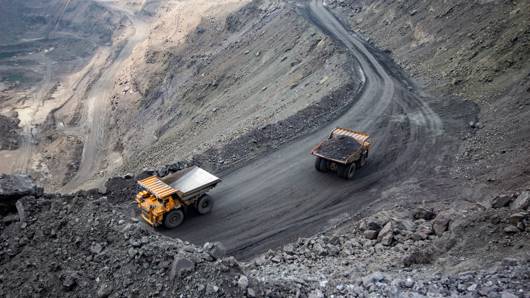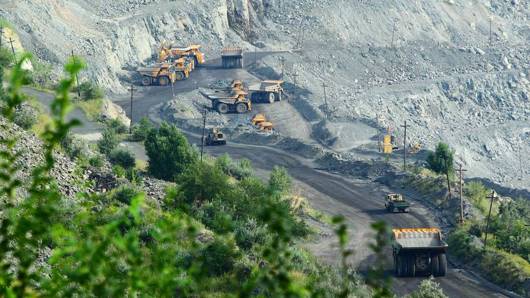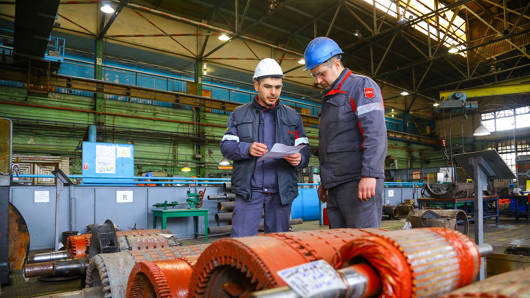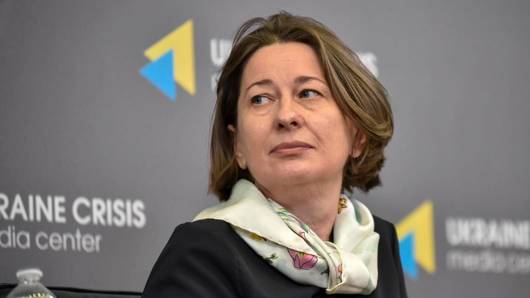At the Radio NV event “Ukraine as a Brand | Made in Ukraine” held in Kyiv, Oleksandr Vodoviz, head of the Chief Executive Officer’s Office at Metinvest Group, spoke about the challenges facing the mining and metals sector during the war and ways to overcome them.
The event was dedicated to discussing new approaches to international diplomacy, business and the fight against corruption in a changing world. The event featured experts, diplomats and business representatives. The programme included interviews and panel discussions on corruption, Ukraine’s international image and innovative approaches in business and diplomacy.
Vodoviz took part in the “Business Creativity as a Way to Develop and Succeed” panel. The discussion featued executives from MHP and Ukreximbank.
He said that, before the war, the Group’s strategic planning extended 10 to 20 years, but now it is done monthly, although the war has made this nearly impossible. He explained: “We endured harsh winters, power outages and lost half of our business: from 100,000 people, only 50,000 remain, and Mariupol has been lost. Even in February 2022, we were planning investments of US$1.2 billion in Mariupol, but within a few days everything changed.”
Vodoviz emphasised that companies in the mining and metals sector are currently facing a question not of development, but of survival, and that strategic and structural decisions are needed to enable the industry to operate at full capacity.
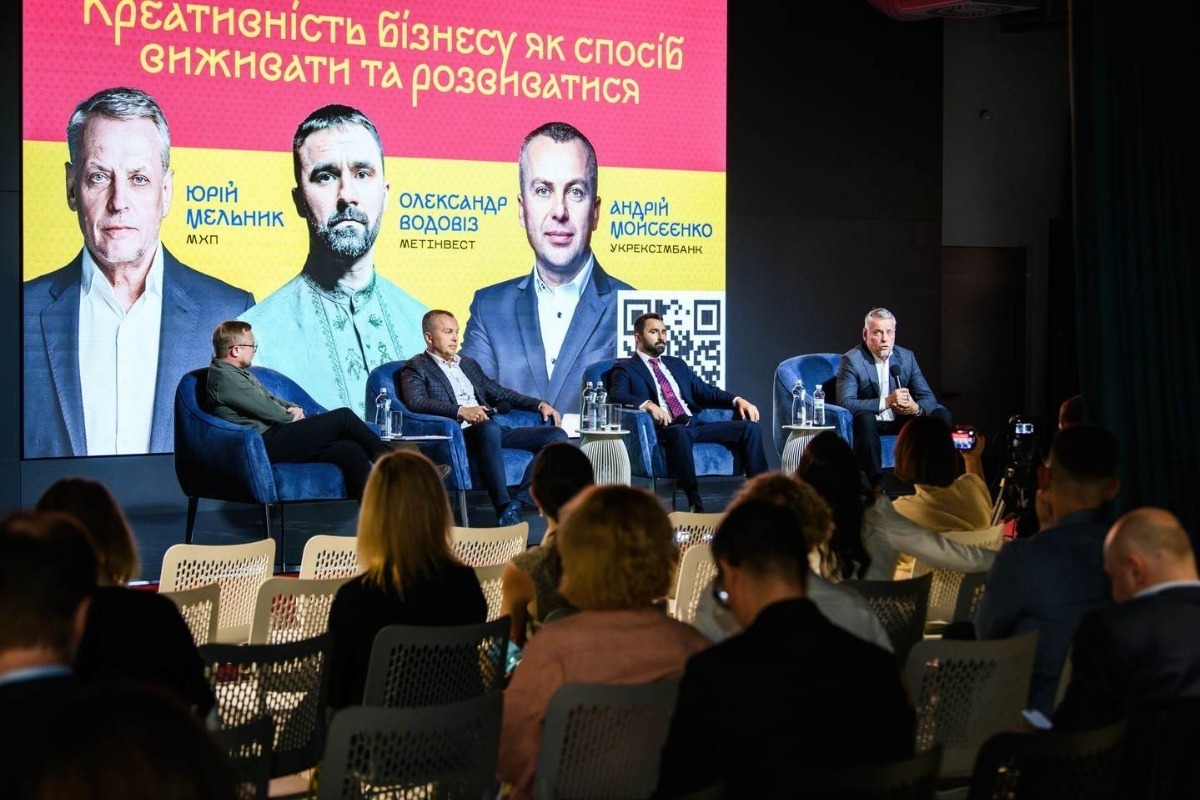
He added: “Metinvest remains Ukraine’s largest private exporter. Although export volumes have halved, we still retain our leading position. But this means that the economy itself has contracted by half, and we have become significantly weaker than before.”
The Group is encountering challenges in exporting its products to the European market. Vodoviz stated: “Our main competitor in Europe in terms of slabs is in fact Russia, yet European officials turn a blind eye to this. Together with the Ministry of Economy and the Ministry of European Integration, we have gone through all the offices, and the embassies also understand the urgency of the situation. However, when it comes to the economy and industry, we are told: ‘Our own problems come first.’”
In addition, Metinvest is engaging in dialogue with state monopolies in Ukraine. “We are the largest private company in Ukraine and our main counterparty is Ukrzaliznytsia. It is a monopoly and communication with it is extremely difficult. Unfortunately, the relevant ministry does not act as an arbitrator between the state monopoly and businesses, effectively supporting Ukrzaliznytsia’s position.”
The head of the Metinvest CEO’s office said: “Why can tariffs not be increased? Because the consequences need to be understood. If you raise tariffs, it means the shutdown of another mining and processing plant. If you increase the tariff, we can no longer supply one of the global markets (we are exporters) due to logistics costs. Production will have to be cut. It is as simple as that.”
Meanwhile, Vodoviz noted that the government is working on resolving the issue concerning the operation of the Carbon Border Adjustment Mechanism (CBAM), which will come into effect on 1 January 2026.
He said: “But whether they will manage it within six months so that we do not have to pay an additional tax is a major question. After all, it will affect the final product price. There have been many meetings with businesses, but the situation remains largely unchanged. Business understands that it can rely only on itself.”
The head of the Metinvest CEO’s office also drew attention to the government’s business support tools. He added: “Eight billion has been allocated from the Ukraine Facility programme, but in reality, businesses have received almost nothing, perhaps only a few dozen million. How this process works is unclear; for us, it is a closed book. We knock on every door, but we do not see any of this money.”






